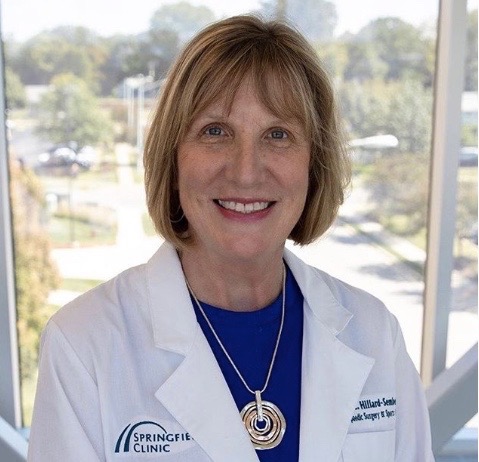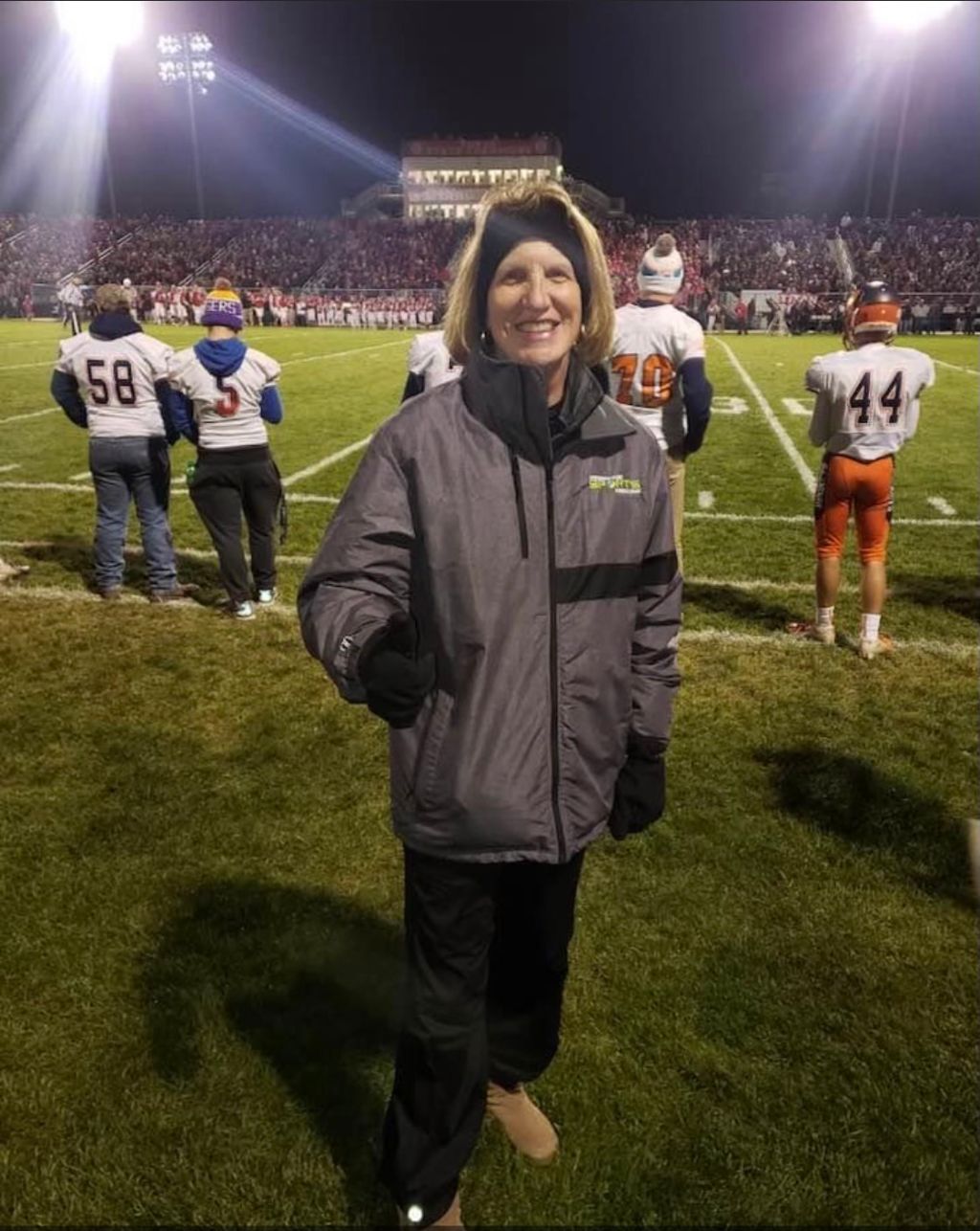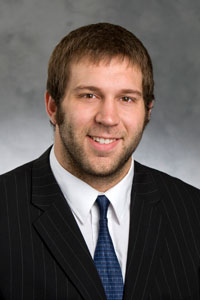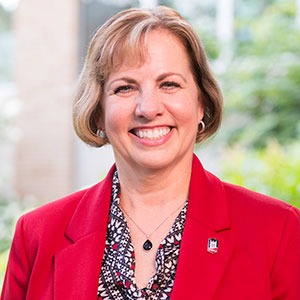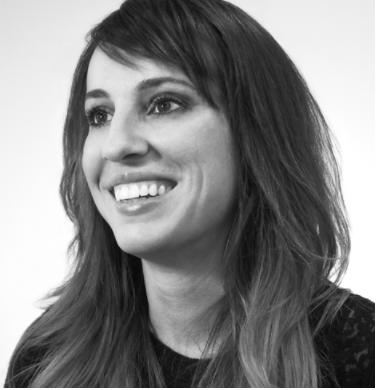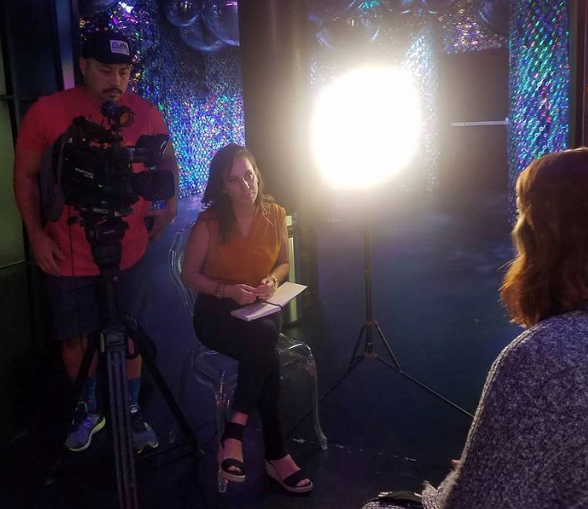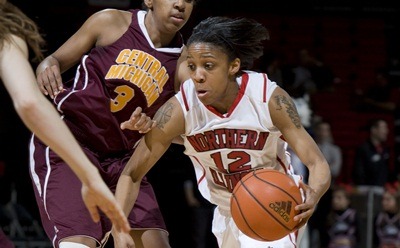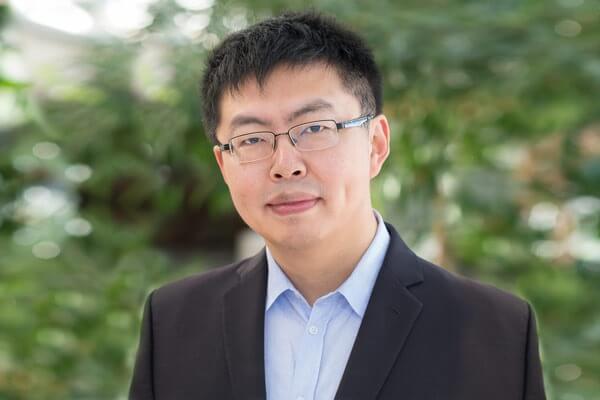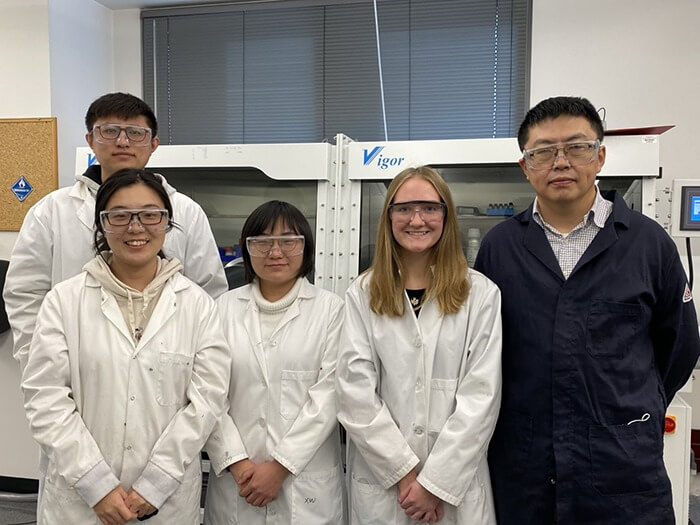
Paul Wright believes in the affirming power of promoting social and emotional learning (SEL) through sport and other physical activities to position students on better paths toward success.
Sure enough, it’s the major focus of the Physical Activity and Life Skills (PALS) Group that he leads at NIU.
And NIU’s EC Lane and MN Zimmerman Endowed Professor takes his conviction directly to the schools.
Funded by a Morgridge Chair Accelerator Grant, Wright and several PALS colleagues in Department of Kinesiology and Physical Education (KNPE) are currently delivering a year of professional development to P.E. teachers in Elgin School District U-46.
It’s just the first of what Wright hopes will grow into several flourishing partnerships with Illinois school districts interested in a deliberate, strong and best practices-oriented focus on SEL for their students.
“Physical education spans K-12 and reaches every single student in a school. It’s one of the few subject areas that is really ubiquitous, but it’s often neglected or forgotten when people are talking about ways to engage kids and to work on social and emotional issues, trauma-informed practice, diversity, equity and inclusion,” Wright says.
“Yet because it’s social, interactive and dynamic, it’s a great space and a real authentic way to work on those things,” he adds. “P.E. can be the laboratory. It’s a really rich setting for doing this kind of work, but without some direct, content-specific support, you can’t just assume that P.E. teachers are going to be able to apply these ideas based on classroom examples.”

Tracey Jakaitis, P.E./Health/Wellness coordinator for U-46, is excited for “the great opportunity” for the 185 teachers under her supervision to see SEL strategies specialized for their discipline.
“We are lucky to have NIU partner with us on this very important initiative for the students and staff in our 57 schools. Professional development opportunities around SEL do not speak to, or provide examples of, what this would look like in a non-traditional classroom,” Jakaitis says.
“Having the NIU College of Education professors provide in-person, virtual and asynchronous professional development specific to physical education will help support our teachers with implementation,” she adds. “Full implementation of SEL in our physical education classrooms will create an environment where students with a variety of skill levels, backgrounds and experiences will feel welcome and safe.”
USING THE NEWLY PUBLISHED “Teaching Social and Emotional Learning in Physical Education” as the reference material – Wright is a co-editor of the book, which features contributions from five of his KNPE teammates and is the only such resource – the program in U-46 includes self-paced, asynchronous options with online content and synchronous meetings via Zoom and in person.
Some of those face-to-face sessions will allow teachers to share with their same-level counterparts what they’re already doing in the scope of SEL, including what’s working and what’s not, and to ask for advice.
An opening event with P.E. teachers throughout the K-12 spectrum built community, created high levels of engagement and yielded positive comments afterward.
Many already are logging into the optional web content, which demonstrates their commitment to learning.

“The teachers liked our style of making it active and interactive,” he adds, “and the training gave them chances to meet each other and share. Usually, the teachers just work with the people in their building and, certainly, at their own grade level: The elementary P.E. teachers don’t ever mix with the high school P.E. teachers, right? They were able to talk about what’s hard about their jobs, as well as what’s good and exciting about their jobs. I think they saw a lot of relevance in this.”
NIU faculty who include Jenn Jacobs, Jim Ressler and Zach Wahl-Alexander offer added relevance through their subject matter expertise, giving this professional development a specificity typically missing from providers who “by and large don’t know the P.E. environment and don’t have much to offer” to P.E. teachers.
“It’s not just going to happen automatically,” Wright says. “You just can’t keep punting, and not really giving them anything relevant to them, and expect that they’re just finally going to be in sync. I think this happens in a lot of districts – that P.E. is sort of that subculture, that sub-community, that just stays out on an island and struggles to feel connected to what the district-wide push is, even when it’s what kids really need these days.”
U-46 leaders, he adds, “saw this as a way to really bring P.E. into the fold and give it some targeted support that is completely in line with the district-wide initiatives. P.E. teachers are as happy as anyone to get involved in those and support them.”

SHANNON PENNINGTON IS ONE of them.
Pennington teaches P.E. at U-46’s DREAM Academy, the district’s alternative placement high school for students with deficiencies in their completion of academic credits.
“Our students are considered at-risk and not on track for graduation for a variety of reasons including trauma,” says Pennington, who has taught and served in leadership and instructional roles in Elgin for 23 years.
“What I hope to get out of this professional development are some practical application strategies in a variety of P.E. curricular contexts,” she adds. “The NIU team already gave us an example for a ‘combatives’ lesson, and I think teachers need to see how applicable SEL is to everything we do.”
She is committed to action.
“I expect the learning gained in these sessions will impact my practice by shifting the focus on the SEL aspects of my lessons to be more overt and intentional,” Pennington says.
“The benefits to students are clear in that kids who feel safe and seen are more apt to attend and to engage when they are here. For families, it means fewer reasons for their kids to miss school as school becomes more and more a place they want to be.”
The Ph.D. student at the University of Illinois at Urbana-Champaign entered the training on the same page as Wright and Co. and already is confident in the possibilities – including for her colleagues.
“My dissertation will examine teacher stress and address the social and emotional consequences of marginalization and low perceived mattering,” she says. “There is a lot of interesting overlap between what teachers are doing to meet their students’ SEL needs and what teachers need to do for themselves to manage their own social and emotional well-being.”

NIU professor Jim Ressler talks to Geneva High School students during a P.E. Leadership Summit event held in February 2020 on the NIU campus.
ALTHOUGH MUCH OF the practice promoted by the PALS Group at NIU takes place in external settings, such as after school or at community centers, P.E. also offers fertile ground.
“Our after-school programs are really high-quality and great experiences, but they reach maybe only 12 kids at a time – the 12 kids who are in the program,” Wright says. “With the smaller groups, you can really make it more Democratic, and run more like a club. You literally can say, ‘Let’s just sit around in a circle. Let’s just have a little circle talk.’ Everybody gets to say something. It’s more conversational.”
Creative P.E. teachers can accomplish something similar, he adds.
“In P.E., we have larger numbers, and if you’ve got 35 or 40 kids, you can’t just sit down and have a huge circle conversation. It would take forever to get around the circle,” Wright says.
“But we want to create chances for kids to express their opinions. A P.E. teacher might introduce a journal assignment once a in while, where kids write about, ‘How is this experience going for you? What things are you liking? What things are you not liking? Is there anything you think you could be doing better to contribute to the group?’ The point is to try to get the kids expressing their opinions, reflecting and sharing their voice.”
As the work in U-46 continues, Wright expects that P.E. teachers will appreciate the coherent content, prolonged effort and follow-through that far exceeds one School Improvement Plan day.

“We’re actively trying to recruit some of the P.E. teachers who really get this, and are lit up about it, to cultivate them as ‘inside experts’ and to give them leadership opportunities and to support their own action research,” Wright says. “We’re building strong relationships and a community of practice with some champions within so that, by the end of the year, enough people have been exposed to this and taken some interest that it will be something sustainable.”
MEANWHILE, HE HOPES THAT EDUCATION ADMINISTRATORS take notice.
“If they want to lean into ideas like SEL, and want to get that happening schoolwide, they should consider a P.E.-focused training program. They can do really meaningful work because it’s so authentic and interactive,” Wright says.
“If a superintendent goes to a school and wants to see what SEL looks like in practice, the gym should be the first stop on that tour. You really see it,” he adds. “It’s active. It’s interactive. It’s emotionally charged. It’s all happening there.”
Other services available from Wright and his PALS Group team include program evaluation.
The NIU faculty, all of whom conduct research related to SEL and positive youth development through physical activity, can collect data through surveys and systematic observation to determine what is and is not working and to provide recommendations.

“Part of this is good timing and good fortune. This is work that I’ve been interested in for years before it became a major focus in the P.E. field. NIU was ahead of the game because we already had years of research, practical experience and comfort with this,” Wright says.
“We have such a stellar team who’s been working closely together and has established this as an expertise. There is a ton of need, a ton of interest and now there’s this great resource,” he adds. “But just buying a book, or telling your P.E. teachers to read it, isn’t going to make it happen. You need the professional development support, and some form of consulting and evaluation in many cases, to really make sure you understand what you’re doing, where your opportunities are and how to implement those.”
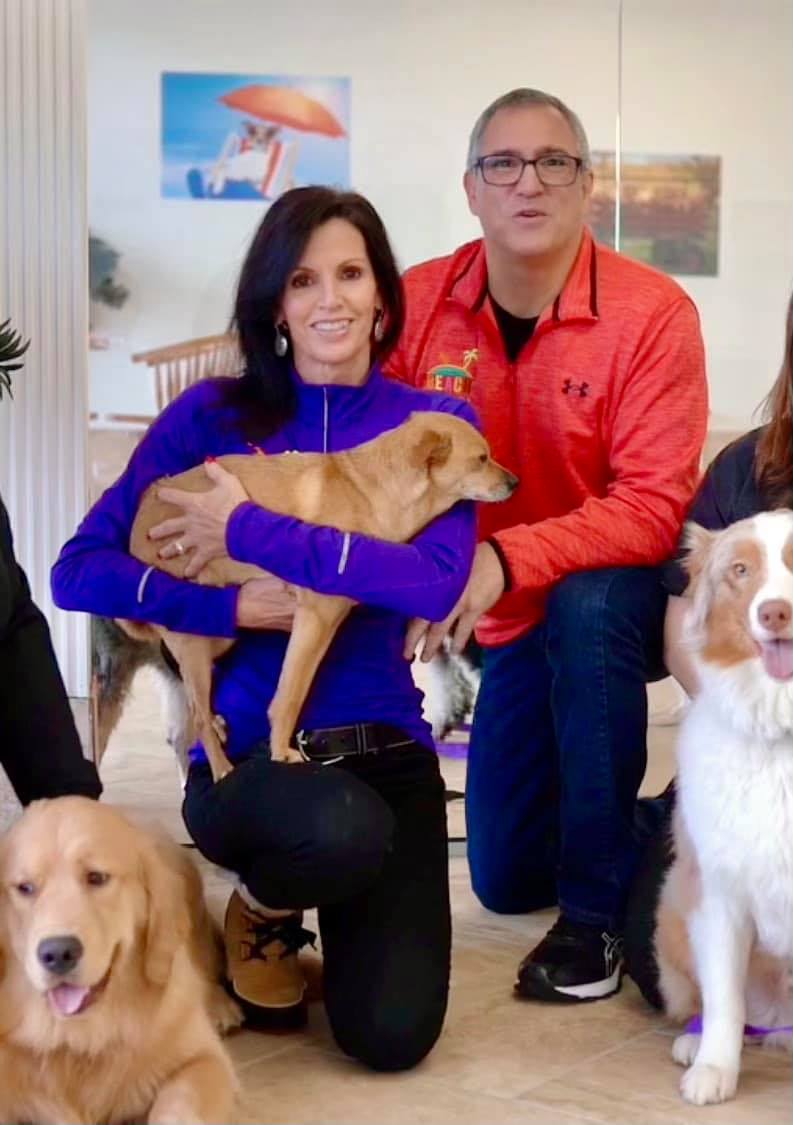
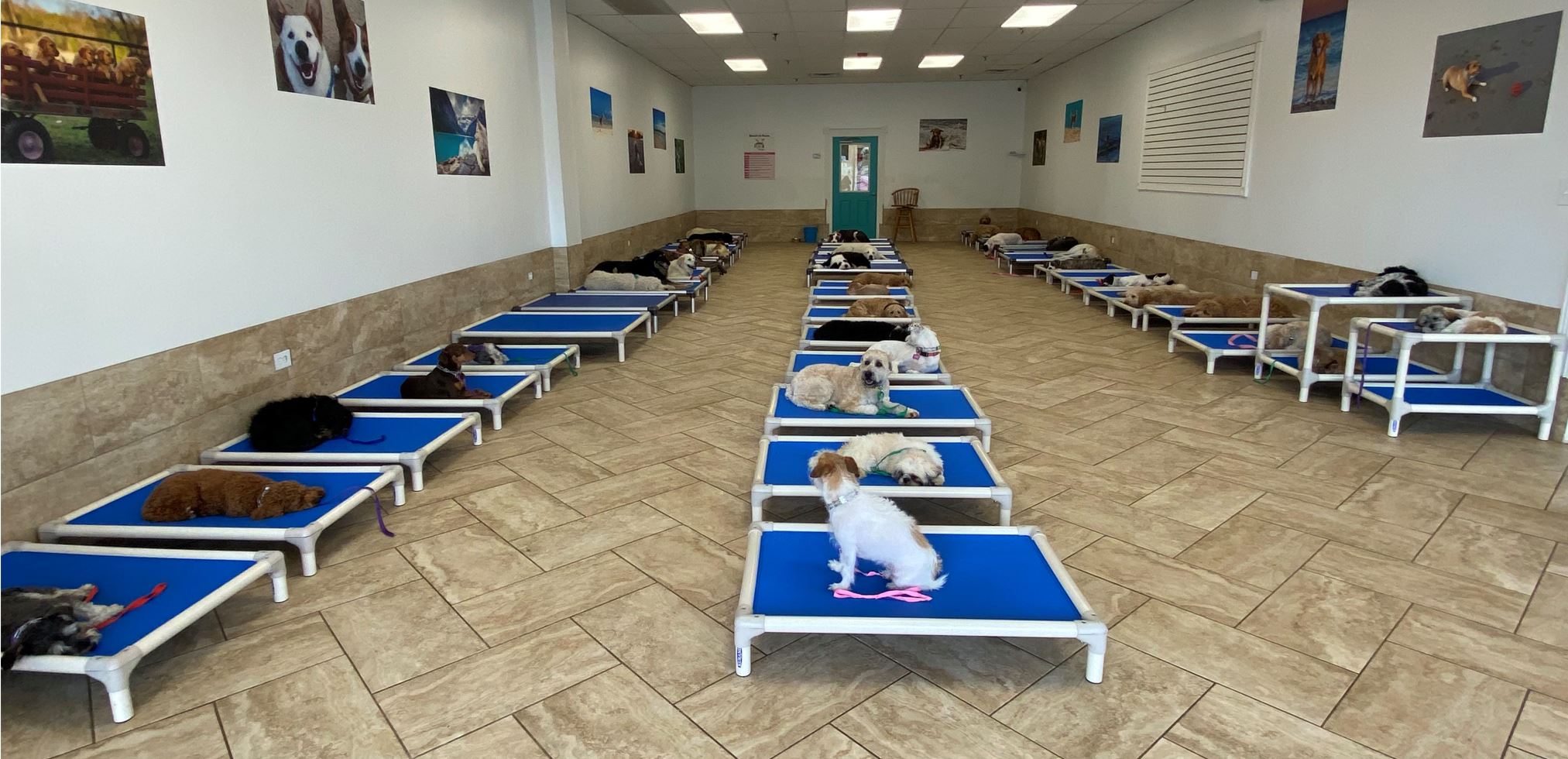
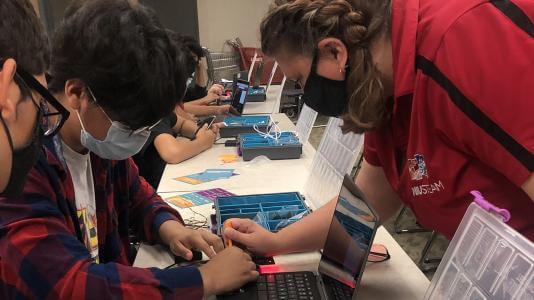
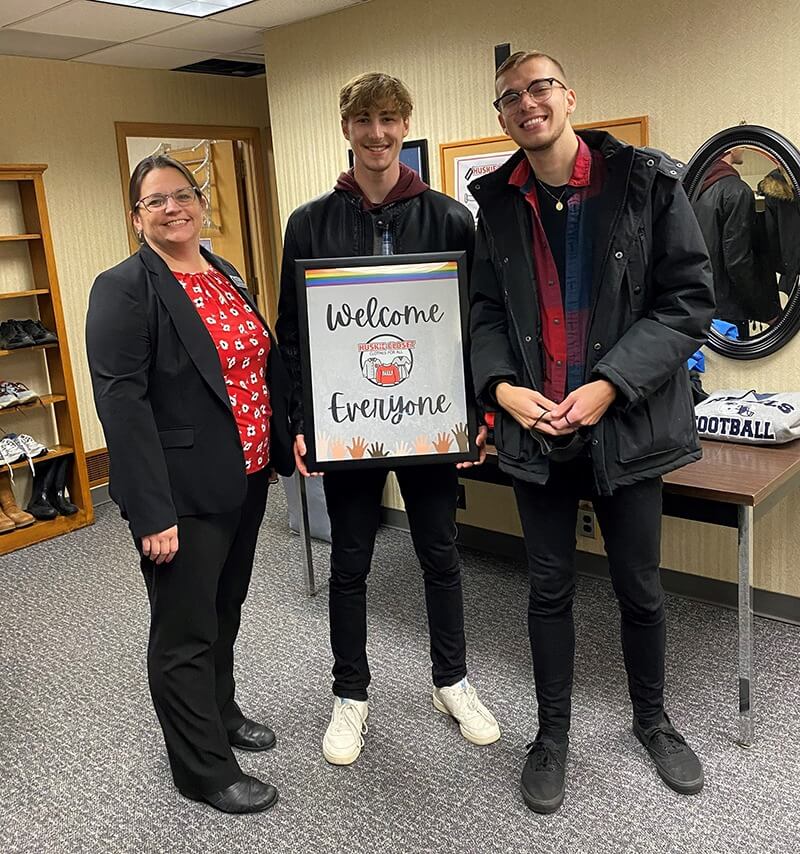 “I’ve grown up with NIU my entire life, and I wanted to do something that would serve the people in our community in a tangible way — and demonstrate what student government can do,” said Clayton Schopfer, a double-major in political science and Spanish from Sycamore who plans to graduate in 2022. “Thanks to the support we received to make it a fixture on campus, the Huskie Closet can continue to serve students sustainably while also providing leadership, volunteer and professional opportunities.”
“I’ve grown up with NIU my entire life, and I wanted to do something that would serve the people in our community in a tangible way — and demonstrate what student government can do,” said Clayton Schopfer, a double-major in political science and Spanish from Sycamore who plans to graduate in 2022. “Thanks to the support we received to make it a fixture on campus, the Huskie Closet can continue to serve students sustainably while also providing leadership, volunteer and professional opportunities.”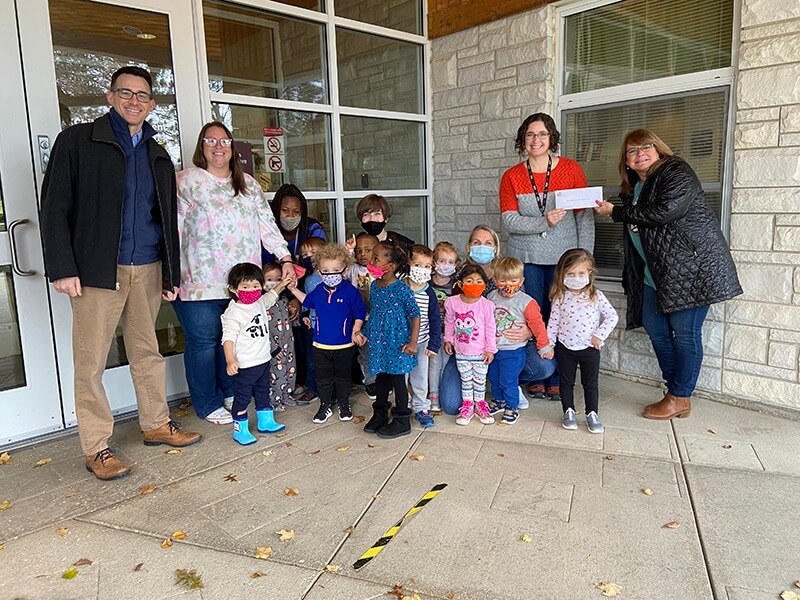 Things just got a little greener at NIU’s Child Development and Family Center (CDFC) thanks to a generous grant from the DeKalb County Community Foundation. For Kristin Schulz, executive director of the CDFC, the $11,550 grant means there will be less waste going to area landfills.
Things just got a little greener at NIU’s Child Development and Family Center (CDFC) thanks to a generous grant from the DeKalb County Community Foundation. For Kristin Schulz, executive director of the CDFC, the $11,550 grant means there will be less waste going to area landfills.